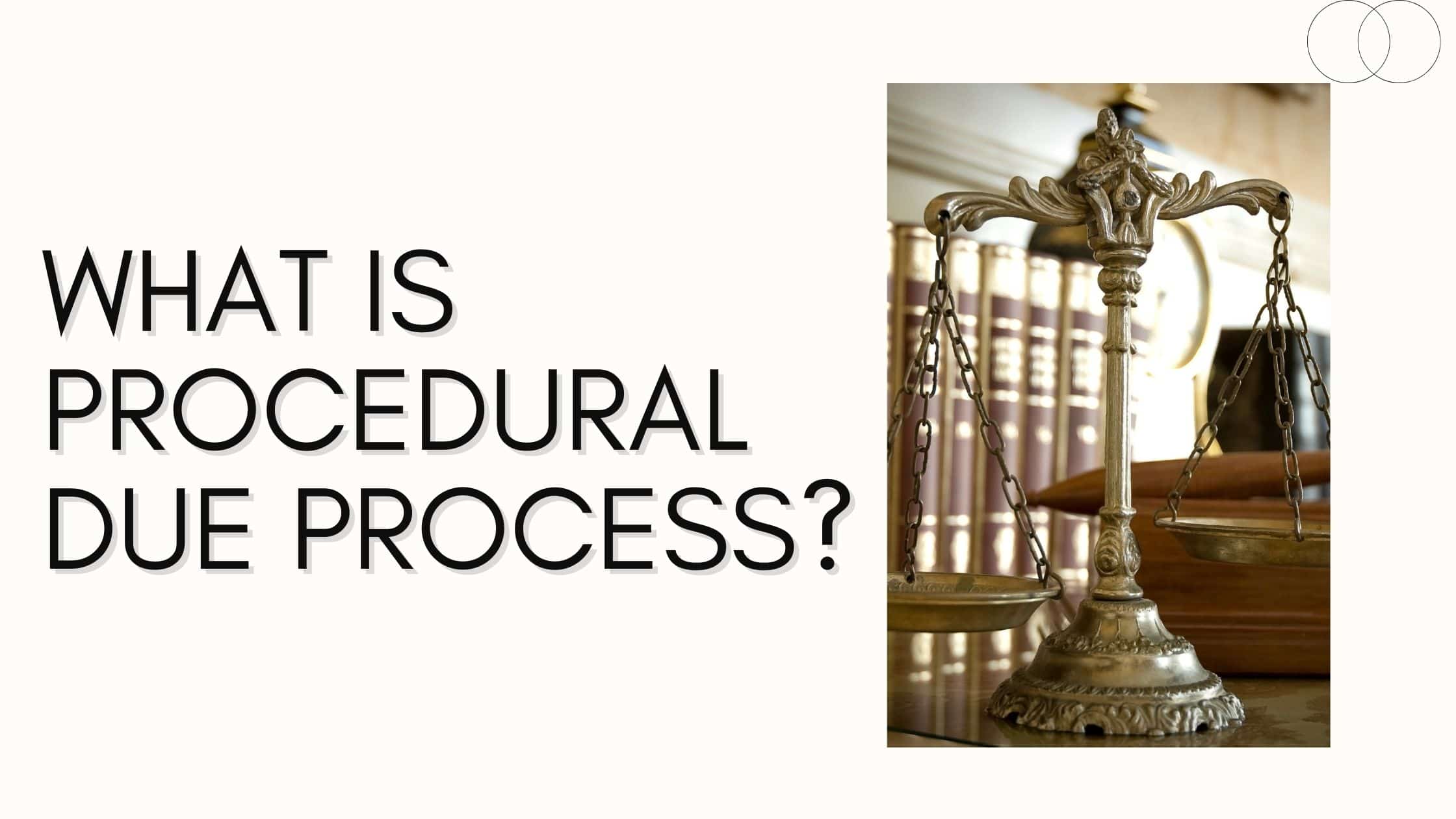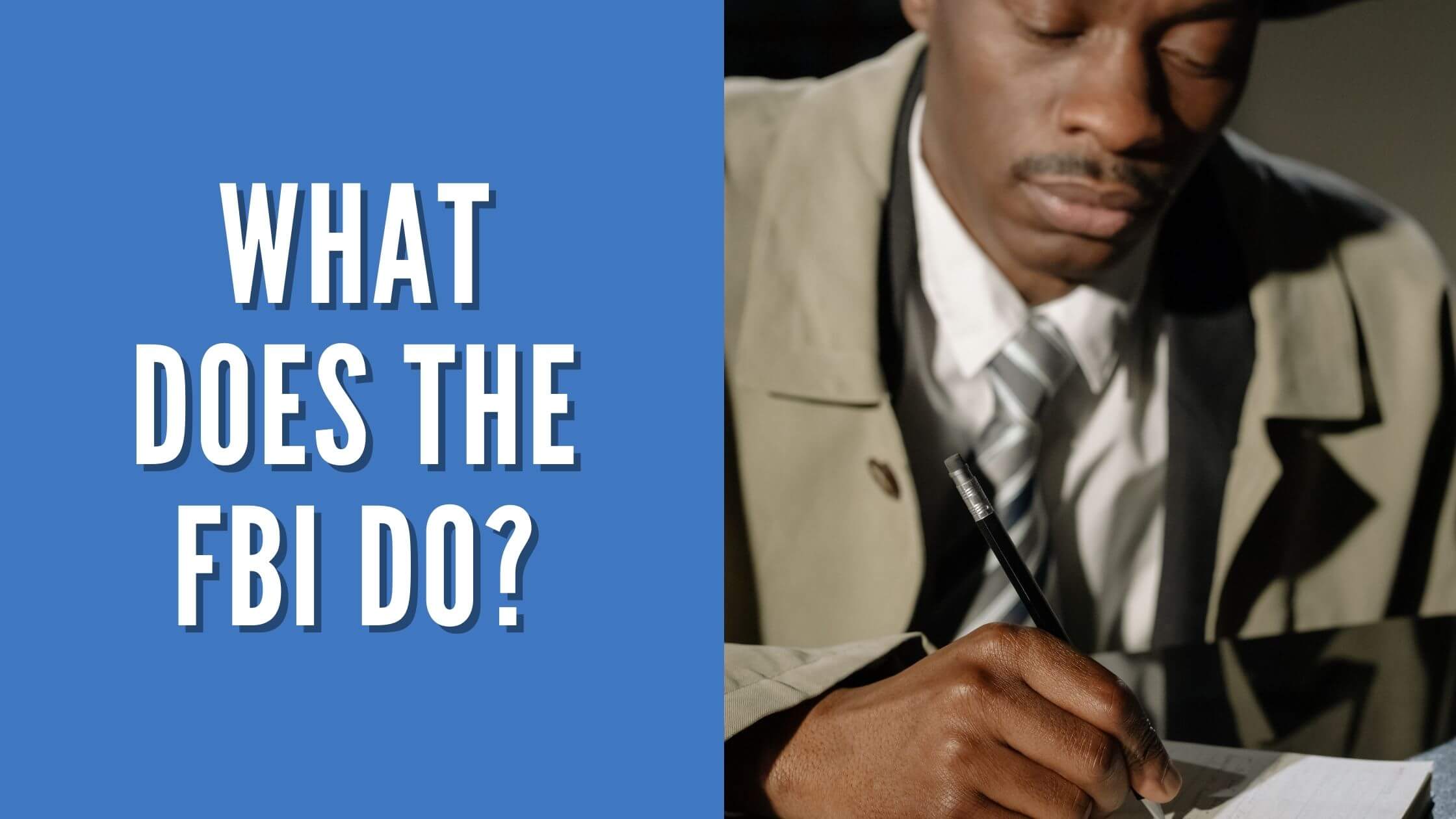Table of Contents
ToggleDue process is a term that is commonly used in the legal world and most are familiar with. You’d be forgiven if your eyes glaze over just at the idea of sitting in a courtroom and listening to lawyers argue for hours when hearing it.
However, substantive due process is an important building block for our basic rights. Without it, we wouldn’t have much of a way to defend ourselves from government overreach if needed.
What is procedural due process?
Procedural due process protects people’s right to life, liberty, or property. Under this process, a person who has had their rights taken away must be given prior notice, the right to appeal this decision in court, and an unbiased decision-maker to rule on their case.
The way this most commonly manifests in real life is through law enforcement. If someone is arrested for a crime, they’re technically being denied their right to liberty or freedom not to be confined against their will.
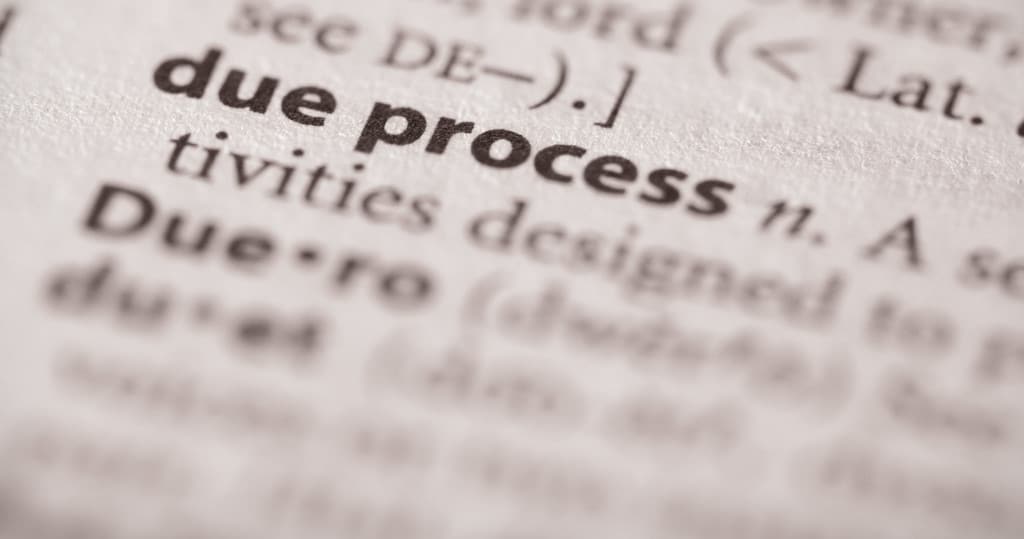
While the United States does have the authority to strip someone of their rights through the due process of law, procedural due process ensures that this only occurs against people convicted of a crime.
A Friendly Set of Criteria
In the 1960s and 70s, circuit court judge Henry Friendly created a short list of criteria for maintaining due process. While not necessarily considered law in any official sense, Friendly’s list is oftentimes considered the best evaluation of due process in the United States.
The criteria are as follows:
- A trial or other decision-maker must be unbiased.
- The person whose rights are being taken away must be given proper notice before said actions are taken.
- The affected party must have the opportunity to defend themselves from the accusations or state their case.
- The affected party has the right to call witnesses or present evidence to support their case.
- The affected party has the right to view the evidence against them and present counterarguments.

- The affected party has the right to cross-examine any witnesses called to testify against them.
- Any decision made against the affected party must be evidence-based.
- The affected party has the right to receive counsel or other legal advice.
- The court or decision maker must provide a record of their ultimate decision.
- The court or decision maker must provide a written justification for their ultimate decision.
Along with the above criteria, someone who has had their rights taken away can also appeal the decision.
Overall, procedural due process is an important right everyone has in this country regardless of citizenship status. This process is intended to keep our government honest and protect people from discrimination so that justice can be served.
When Was Procedural Due Process Introduced?
Procedural due process is referenced in the Fifth Amendment of the United States Constitution.
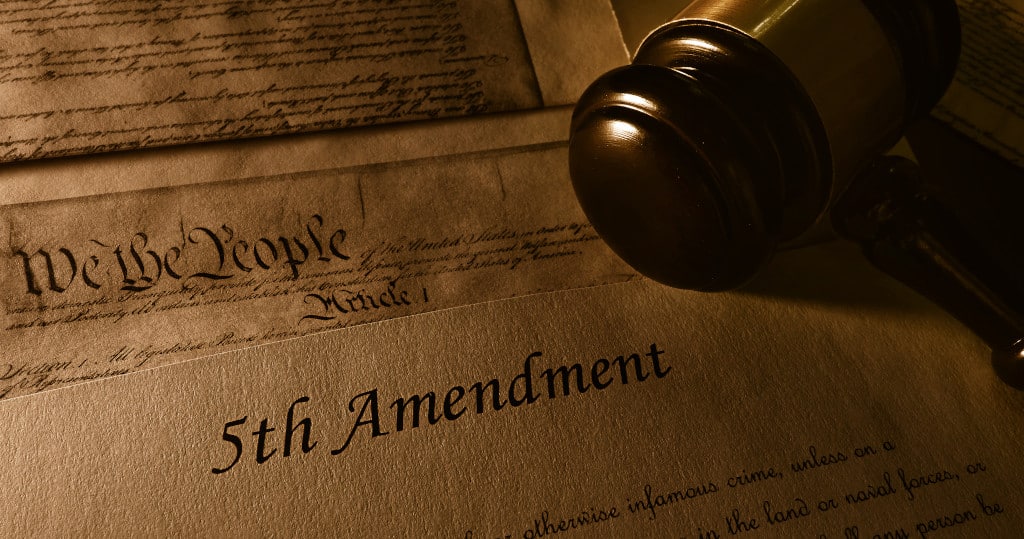
This amendment guarantees many of the legal rights that we enjoy today. Concepts such as Double Jeopardy (the right for a person not to be tried for a crime twice), protections against self-incrimination (or pleading the Fifth as it’s commonly known), and the right to due process.
This right has been with us since the creation of the United States of America and, as such, has been defined and redefined through the years. Namely, what, exactly, constitutes life, liberty, or property?
Has Anyone Ever Been Denied Procedural Due Process?
One of the most famous cases of Americans being denied procedural due process is when Abraham Lincoln suspended habeas corpus during the Civil War.
People arrested at this time did not necessarily have their trials heard by a judge or jury and could have been falsely imprisoned (depending on whether they had been suspected of breaking the law).

Get Smarter on US News, History, and the Constitution
Join the thousands of fellow patriots who rely on our 5-minute newsletter to stay informed on the key events and trends that shaped our nation's past and continue to shape its present.

This decision is still controversial, considering the question remains unanswered as to whether President Lincoln had the authority to make this decision without Congressional approval under constitutional law.
It’s more than a little concerning that the president assumed the authority to simply refuse to acknowledge a fundamental right.
Thankfully, the Supreme Court has deliberated on numerous cases throughout American history and ruled that a person had been illegally detained or denied due process. These cases date back to as early as 1780 and continue into the present day.
Does Procedural Due Process Only Apply to Criminal Cases?
While issues of due process and the revoking of natural rights are usually handled in criminal trials, a 1970 Supreme Court ruling declared that government welfare was considered a person’s property. As such, a state can’t revoke someone’s benefits without going through proper due process.
This gave people potentially having their welfare revoked the right to a hearing and the opportunity to argue why they should be allowed to continue receiving this benefit.
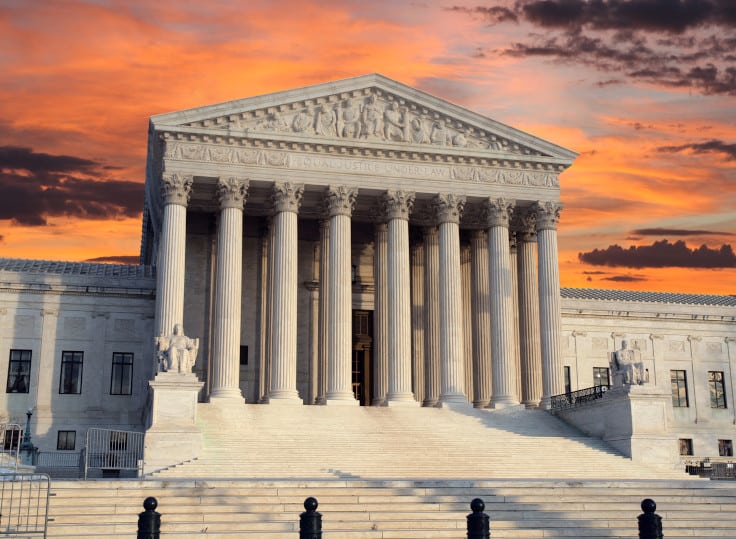
In this case, the welfare recipient isn’t arguing their case in front of a judge or jury but rather an unbiased decision maker who makes the final call to revoke or keep the person’s assistance.
Indeed, several procedural due process matters don’t have anything to do with criminal proceedings.
For example, eminent domain, or the federal government’s right to seize people’s property as long as they provide just compensation, is technically an issue of procedural due process.
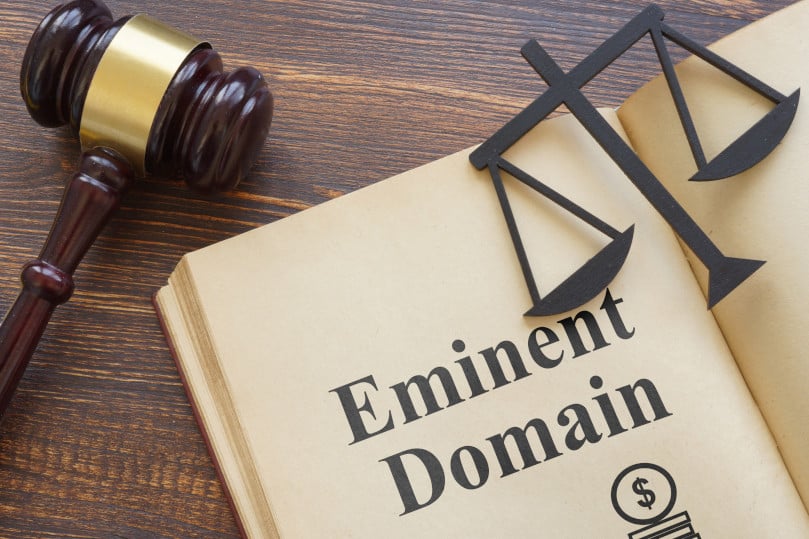
The government is obligated by law to provide just compensation for the land they’ve seized, and if the original owner of the land has an issue with how the value of their property has been evaluated, they have the fundamental right to argue their case in federal court.
Procedural Safeguards
Procedural due process extends into just about every part of our lives as citizens of the United States.
Was your driver’s license revoked? You can argue your case via legal proceedings or with the Department of Motor Vehicles.
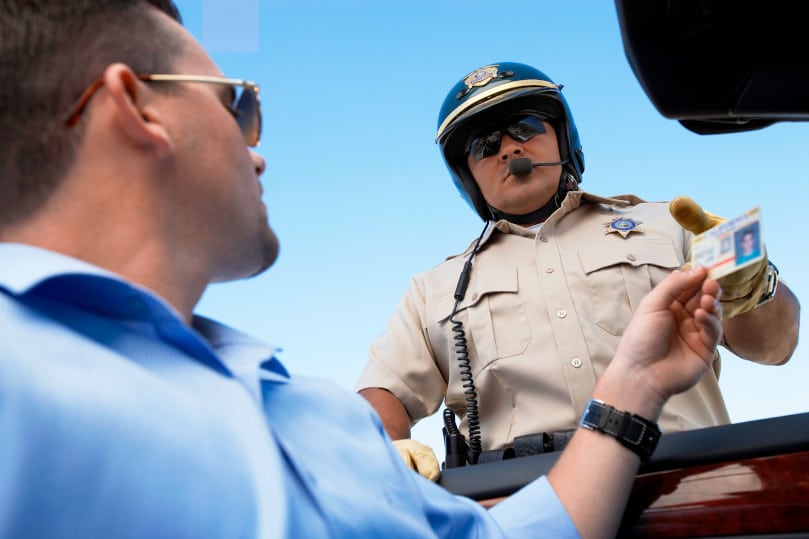
If you’re at risk of having your food stamps revoked, the federal government has to provide you with adequate notice, and you have the substantive right to appeal their decision.
While the thought of arguing something in court might not sound like a lot of fun, procedural due process is an integral part of our government, and without it, there wouldn’t be a way for people to defend their basic rights to freedom and even to their own lives.
